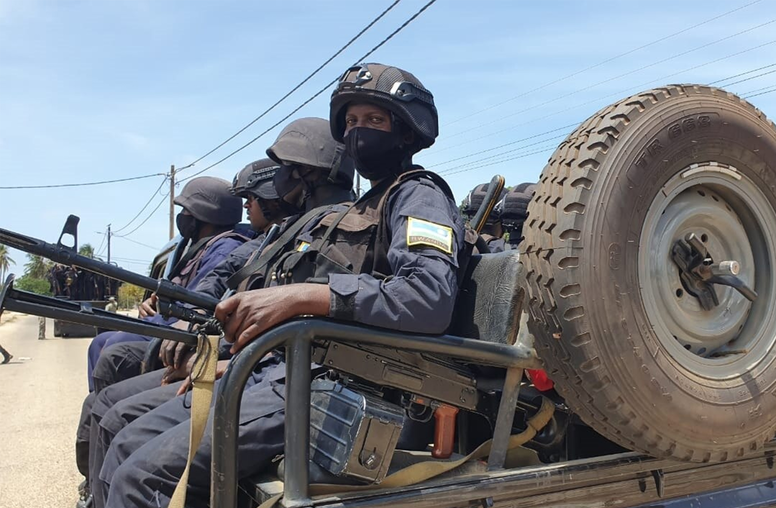Crisis in Mozambique: Pathways to Peace in Cabo Delgado
Two Decades After a Peace Agreement Ended Civil War, What Can Be Done to Stop Rising Conflict in the North?
Read the Event CoverageMozambique overcame a violent civil war in the 1990s with the support of a major U.N. peacekeeping effort. Democratic progress followed, and economic developments were encouraging before recent devastating cyclones and the COVID-19 pandemic. But since 2017, conflict has plagued the northern province of Cabo Delgado. Violent attacks by Islamic State-affiliated insurgents have increased over the last year, raising concerns for peace and stability in the region. The surge in attacks has forced the suspension a $20 billion liquefied natural gas development project, while creating a humanitarian crisis that has displaced half a million people from their homes and left Mozambique and the international community grappling for sustainable solutions to the crisis.
On May 13, USIP hosted a panel of experts for a look at the complex social, political and economic factors fueling the current insurgency in Mozambique, as well as a discussion of potential avenues for intervention to increase peace and stability in Cabo Delgado.
Continue the conversation on Twitter with #CaboDelgadoPeace.
Speakers
Lise Grande, opening remarks
President and CEO, U.S. Institute of Peace
Cidia Chissungo
Activist; Founder, National Solidarity Campaign for Cabo Delgado
Gregory Pirio
President, Empowering Communications Associates; Senior Adjunct Professorial Lecturer, School of International Service, American University
Ambassador Carlos dos Santos
Ambassador of the Republic of Mozambique to the United States
Joseph Sany, moderator
Vice President, Africa Center, U.S. Institute of Peace



